



Read about recent innovations and developments in building and construction.
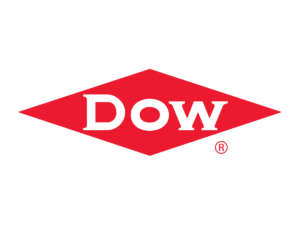
Dow and the U.S. Green Building Council (USGBC) shared the results of their inaugural Carbon Challenge, which received a total of 63 entries across 16 cities in Northern Asia. Jointly, these 63 buildings saved 38,000 metric tons of carbon dioxide equivalent year over year (equivalent to over 600,000 tree seedlings grown for 10 years), and reduced greenhouse gas (GHG) emissions on average more than 2% year over year.

Two years ago, Milliken launched its first Corporate Sustainability Report that established its 2025 sustainability goals. In 2019, they focused on laying the groundwork for their sustainability journey by putting in place governance and operational processes to help them advance toward their sustainability targets.
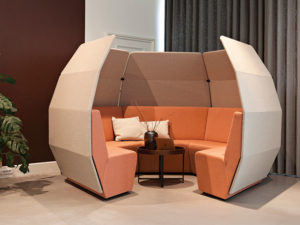
Leading designers share how they’re rethinking space design and product specification amid the COVID-19 pandemic.
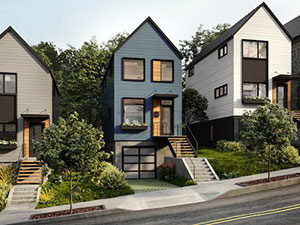
Pittsburgh lost much of its population when the steel industry declined, and saw thousands of homes demolished over the past several decades. A local start-up modular design and development company saw the vacant lots as an opportunity to address Pittsburgh’s need for affordable, turnkey housing.
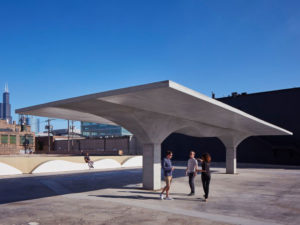
Skidmore, Owings & Merrill developed an undulating “smart band beam” to support a concrete slab at half the thickness of a typical flat plate.
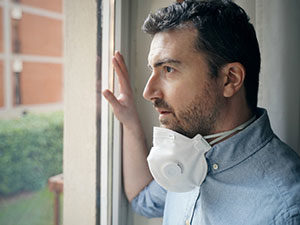
Filters have become technologically advanced, just like everything else. A new system from Filtrete, a division of 3M, matches a sensor onto a furnace filter, and homeowners or building owners can check the condition of the filter via a smart phone app.
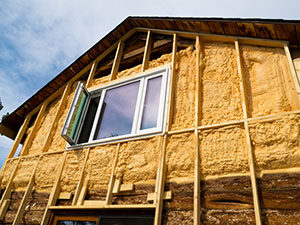
ACC’s Center for the Polyurethanes Industry (CPI) released the Canadian version of its online chemical health and safety training program designed to provide information about the safe use, handling and disposal of high-pressure spray polyurethane foam (SPF).
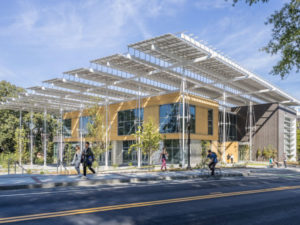
The Living Building Challenge is the world’s most ambitious green building program and requires that projects meet 20 rigorous performance requirements throughout the construction process and for a full year after completion. The new Kendeda Building for Innovative Sustainable Design is the first academic and research building in the Southeast U.S. to attempt this certification and is designed to use one-third the energy of a comparable building.
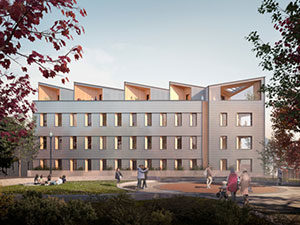
Thanks to support from the U.S. Forest Service and the Softwood Lumber Board, developer Placetailor and Boston-based architecture firm Generate have collaborated to design a carbon-neutral apartment block in Roxbury, a neighborhood in the south end of Boston.
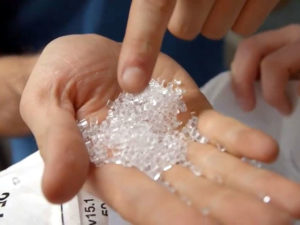
Chemistry may not be the first thing that comes to mind when one thinks of sustainability, but it has a big role to play, particularly in a circular economy. We caught up with Christoph Jäkel, BASF’s Head of Sustainability Strategy, to learn more about how BASF is working to improve our everyday lives.